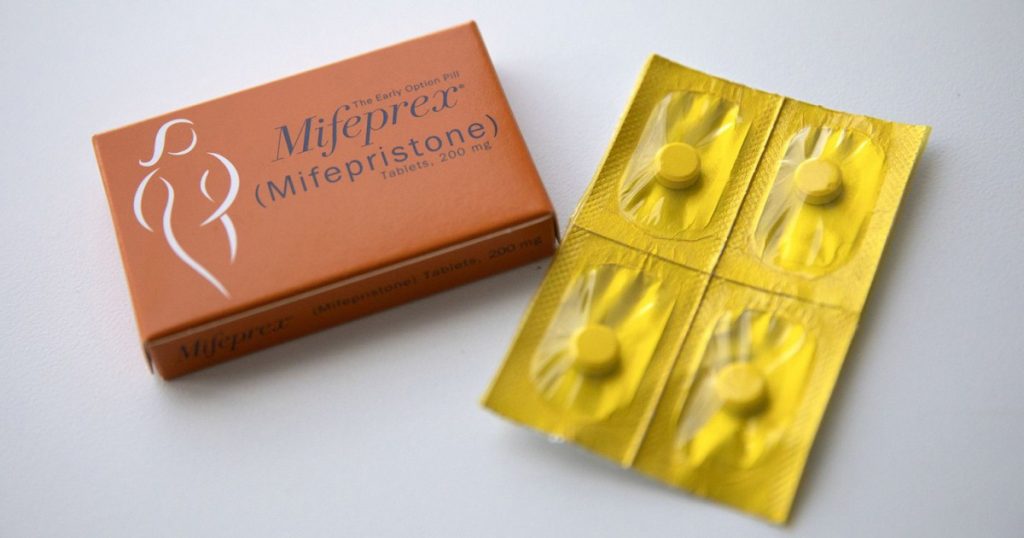Louisiana recently passed a controversial bill that criminalizes the use of medication to induce abortion without the consent of the pregnant person. The law has drawn support from anti-abortion advocates, including Republican state Sen. Thomas Pressly, who introduced the bill after his sister was drugged with abortion medication by her estranged husband. The use of these medications for abortion purposes is now punishable by up to 10 years in prison, or up to 20 years if the person is three months or more into a pregnancy. Critics of the law, including medical professionals and abortion-rights activists, have raised concerns about the impact on women’s access to critical medications that are also used for labor and delivery, treating miscarriage, and preventing gastrointestinal ulcers.
President Joe Biden condemned the Louisiana bill as “outrageous” and attributed it to former President Trump’s efforts to overturn Roe v. Wade. Biden expressed concern that if Trump were re-elected, similar restrictive laws could be implemented nationwide, creating a threatening environment for women’s reproductive rights across America. State Sen. Royce Duplessis, a Democrat, warned that the law could lead to delays in medical care for women and limit access to the medications for various critical uses outside of abortion care. Opponents of the bill argue that reclassifying the medications as controlled dangerous substances could have negative effects on rural clinics’ ability to provide these drugs to their patients.
Louisiana Right to Life, an anti-abortion organization that supported and helped write the bill, claimed that the law would protect women like Sen. Pressly’s sister for years to come. However, critics of the measure assert that categorizing these medications as controlled substances is not supported by medical evidence and could have adverse consequences for women’s health care in the state. The bill’s opponents argue that the lack of proper vetting with the healthcare community and potential barriers to accessing critical medications could harm women’s health outcomes in Louisiana, already ranking low in terms of healthcare quality and maternal health outcomes.
Abortion is currently banned in Louisiana with limited exceptions, which include cases where the pregnant person’s life is at risk, to prevent serious health risks, and in instances where the fetus is not expected to survive pregnancy. A recent legislative committee rejected a bill that would have expanded these exceptions to include cases of rape and incest. This decision has further exacerbated concerns among doctors and reproductive rights advocates, who fear that the bill criminalizing abortion medication use without consent will disproportionately impact women’s health and access to essential care. Emergency medicine physician Dr. Jennifer Avegno emphasized the safe and effective uses of these medications beyond abortion, such as facilitating safe childbirth and managing miscarriages.
Overall, the controversial Louisiana law criminalizing abortion medication use without consent has sparked a heated debate between anti-abortion advocates and medical professionals/abortion-rights activists. While supporters argue that the measure is necessary to protect women’s rights and prevent misuse of these medications, opponents criticize the law for its potential negative impact on women’s healthcare access and outcomes. President Biden’s condemnation of the bill underscores the concern at the national level regarding the future of women’s reproductive rights in America. As the only state categorizing these two medications as controlled dangerous substances, Louisiana stands at the center of a contentious debate over abortion, healthcare, and individual freedoms.













